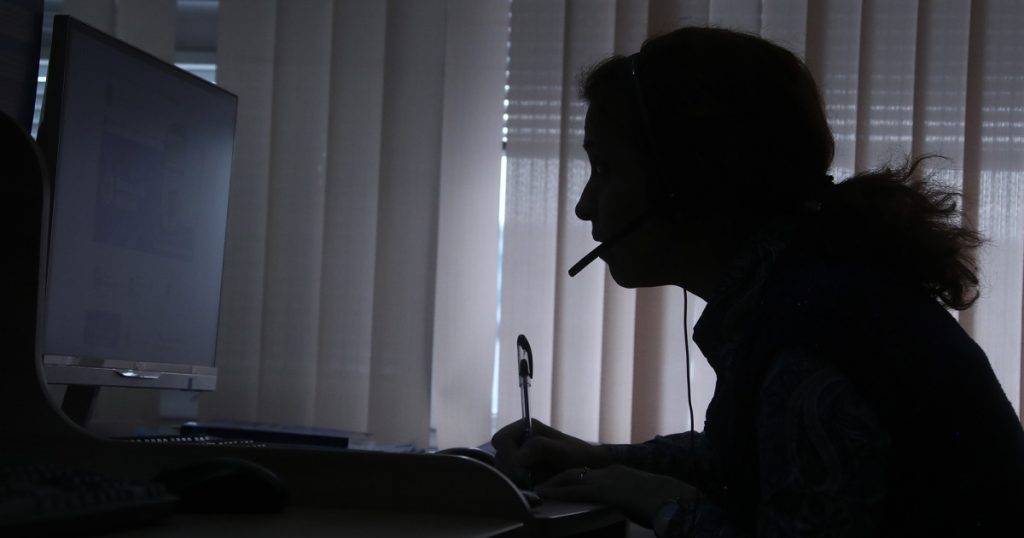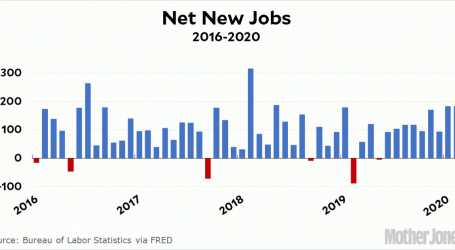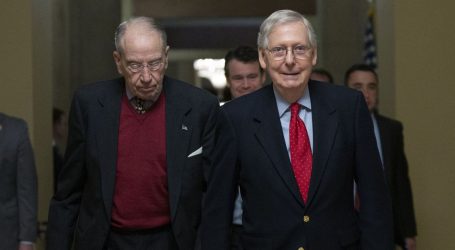Is the Era of Polling Over?
Valery Sharifulin/TASS via ZUMA
For indispensable reporting on the coronavirus crisis, the election, and more, subscribe to the Mother Jones Daily newsletter.What happened with the political polling this year? How did it manage to be so far off?
Without doing a deep dive, here’s the nutshell answer. It’s always been the case that not everyone answers the telephone when pollsters call. This produces a non-random sample, which pollsters have to correct using models to reweight the sample so it matches the actual electorate.
But in recent years, this problem has become acute: response rates to polling calls have plummeted to around 5 percent these days. This produces a massively lopsided sample, which in turn puts a lot of pressure on the model weights to correct things. It’s now gotten to the point where everything depends on the accuracy of the model, and if the model is off then the polling numbers are worthless. But this produces something of a tautology: the goal of the model is to emulate the “real” electorate, but there’s never any way to be sure you’ve done that since the real electorate is what you’re trying to measure in the first place.
In 2016 the models failed to adjust properly for educational levels among likely voters. In 2020 pollsters corrected for that but obviously failed to account for something else. Eventually they’ll figure out what it was. And there’s no guarantee that they’ll get it right in 2024, which might have some entirely different problem.
It’s unclear if this is a solvable problem. Perhaps we need some entirely different way of measuring public opinion—though I’m not sure what that might be. In any case, if we don’t figure out how to fix this it might be the end of political polling as we know it.





